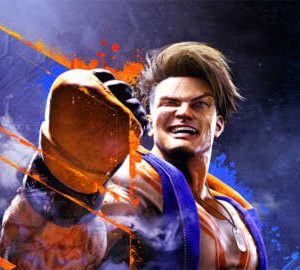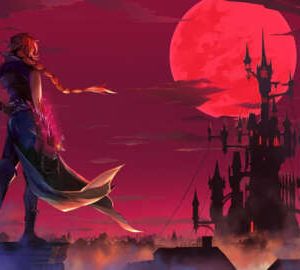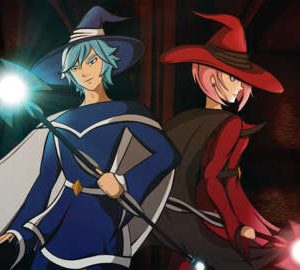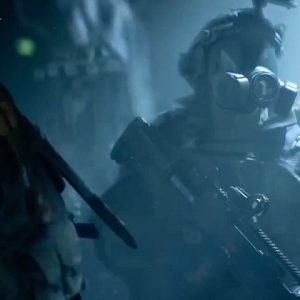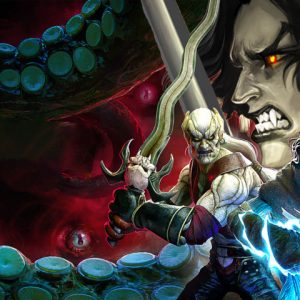
Like the character himself, the Joker movie has become the center of numerous controversies–and its October 4 release date hasn’t even arrived yet. That fact hasn’t stopped commentators and critics all over the internet from weighing in, regardless of whether they’ve actually seen the film yet.
But that might not be a bad thing for the movie–films can often provide a solid jumping off point for cultural debates, as is already happening with Joker. And Todd Phillips, the movie’s director and co-writer, told GameSpot that he always intended Joker to be a “real movie”–one that would reach a wide audience than includes both comic book fans and the general moviegoing public.
“I always enjoy movies that are difficult to speak about right after [you see them],” Phillips said during a Q&A after a recent Joker screening in Los Angeles. “You go, ‘I want to process this a little bit.’ I always find those to be particularly rewarding…where you can’t necessarily distill it down into a one-line thing really simply.”
Following the Q&A, Phillips told GameSpot and other journalists about the moment he had the idea for this movie, as he exited the premiere for his 2016 semi-true crime drama, War Dogs.
“I was like, ‘Alright, we made a good movie. Who’s going to really see this? People don’t go to these movies like this anymore,'” the director recounted. “And I’m staring across [the street] looking at a billboard for a comic book movie–one of many–and I’m like, ‘That’s where this business is headed.'”
He remembered thinking that movies he loves, like A Clockwork Orange, Apocalypse Now, and Taxi Driver, couldn’t get made at a big studio today. “And I said, ‘Well, you might be able to do it, if you do it about one of those guys.’ And that’s really where it came from.”
When he pitched the idea for Joker to Warner Bros., the studio went back and forth. “And I go, ‘We’re gonna sneak a real movie in under the guise of [a comic book movie],'” the director continued. That apparently did the trick.
Of course, that’s a controversial statement, as it implies that comic book and superhero movies aren’t what Phillips considers “real movies.” The director took a moment during his story to clarify: “I don’t mean that like disparagingly to comic book movies–those are real movies,” he said. But he went on to double down a moment later.
“All of a sudden kids who wouldn’t care or go to this movie if it was called ‘Arthur’ are going to go sit in this movie and be exposed to something entirely different than Avengers: Endgame,” he continued. “I love those movies. [Robert Downey Jr.] is my boy. But they just watched a real movie, in a way.”
One problem Phillips sees with contemporary comic book movies is they all start to blend together. “How do you cut through the fog?” he asked. “It can’t all be CGI parking lot fights. It’s gonna just burn itself out.”
A Character Study
Some of Joker’s detractors–including both those who have and haven’t seen the movie–are worried about the violence it might inspire in disenfranchised fans who view the villain as a role model. Given the current climate around issues like shootings and gun control, that’s a valid conversation to have.
But it’s not a black and white issue. Joker may be painted as an antihero throughout the film, but most viewers will find they stop rooting for him at some point–although that point will vary from person to person, according to Phillips.
“Our thing was let’s make an origin story about a villain who’s actually the hero in the beginning, and you love him until you can’t love him anymore,” he said. “Other people I’ve shown it to stop rooting for him at different points. But like I said [after the screening], I watch Scarface, I’m rooting until the end of the credits.”
“That’s the fun thing about the movie, and that is one of your goals as a filmmaker–inspire conversation and theories and things,” Phillips continued. “There’s nothing more thrilling than that debate.”
Joker Movie Review – An Essential Comic Book Movie
Please use a html5 video capable browser to watch videos.
This video has an invalid file format.
Sorry, but you can’t access this content!
Please enter your date of birth to view this video
By clicking ‘enter’, you agree to GameSpot’s
Terms of Use and
Privacy Policy
Phillips said he intended Joker as a character study first and foremost. Given the film’s relative lack of connections with the rest of the DC universe, it’s fair to ask why it’s a Joker movie at all–couldn’t it have just been called “Arthur” and avoided all the messy baggage that comes with this character?
“Could it have been called ‘Arthur’ and just be about a clown? Maybe,” Phillips said. “I just thought there’s a new way to tell a comic book movie–and maybe I’m wrong–let’s do it as a character study.” He added that another goal was to “deconstruct the comic book movie a little bit.”
Setting the movie around the late ’70s or early ’80s (it’s somewhat ambiguous) helped as well. “Tonally, the movie is very much a character study,” Phillips said. “There’s movies we grew up on and loved, and you go, ‘God, those movies don’t get made as much anymore.’ They get made–The Social Network is a great one, There Will be Blood is probably the best in the last 20 years–but in the ’70s and ’80s they were much more frequent. So in a weird way, it was also just an homage to that time. We’re making a movie that feels like that, why not set it there?”
We’ll soon know whether all these gambles paid off, as Joker hits theaters October 4. Read our Joker review here, and keep an eye on GameSpot for more Joker coverage up to and following the movie’s release.






